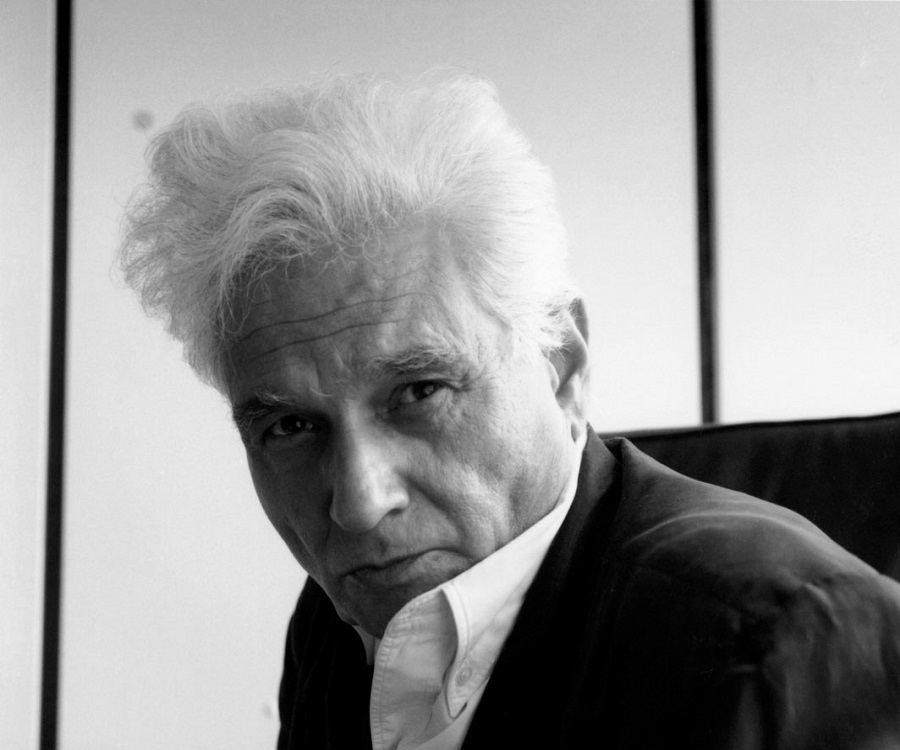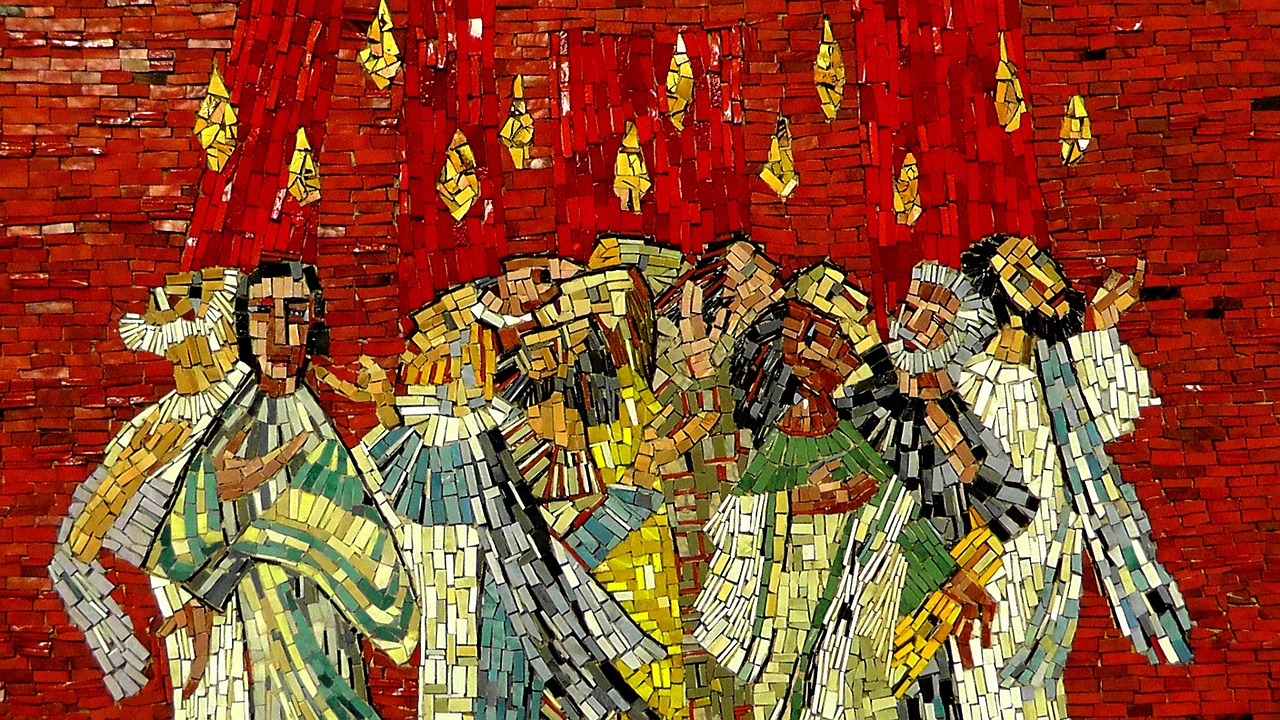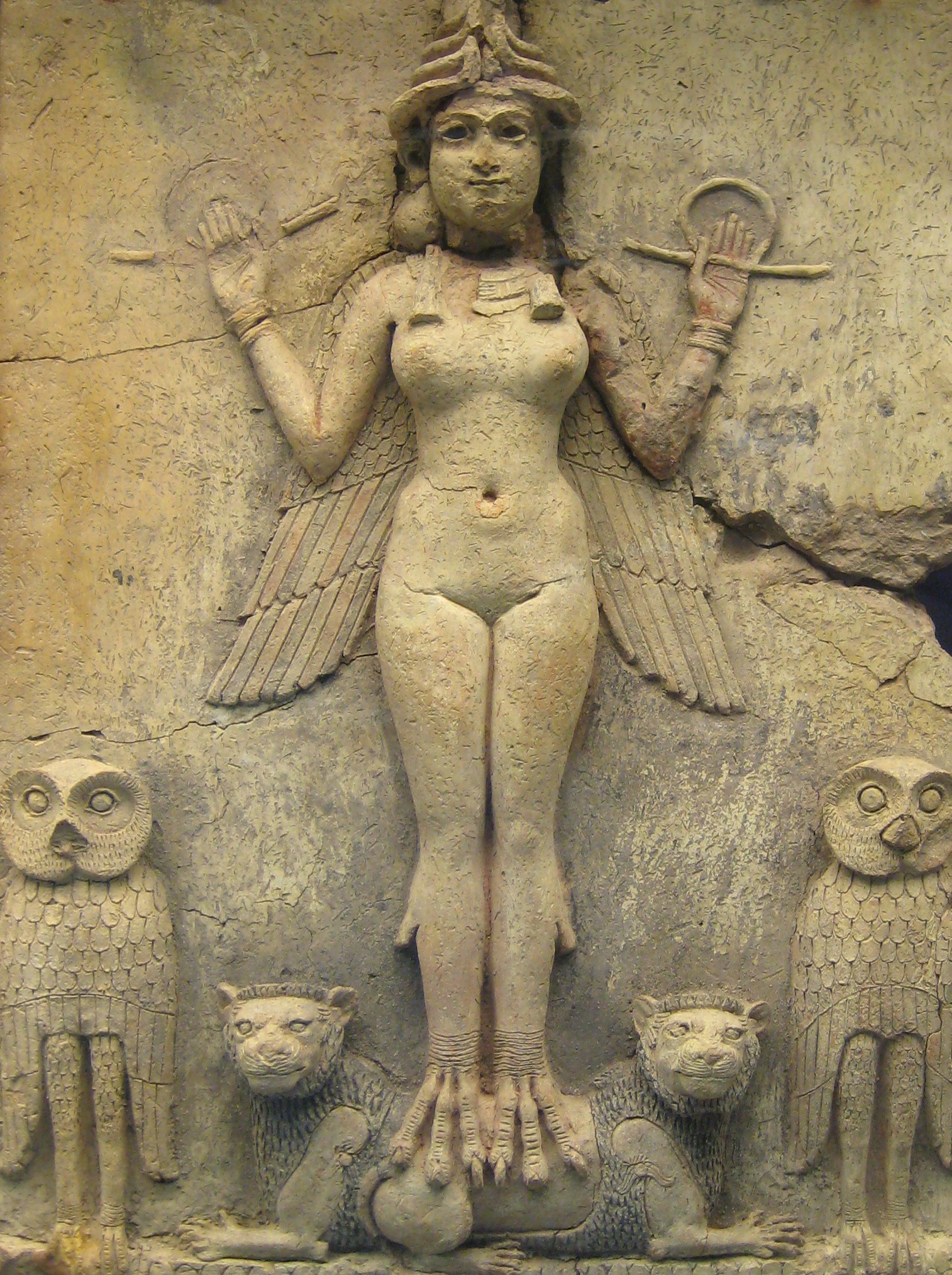The following is the second of a three part-series. The first can be found here. Love is not the opposite of planning; openness is not the opposite of enclosedness. Openness is not the new metaphysical principle that deals out signification among all beings. It does not replace God or Geist or Will or any other […]
Tag: atheism
The Religious Significance Of Miracles – Why Hume’s Critique Is Superfluous, Part 3 (Alberto Urquidez)
The Sense of “miracle” That Matters Surprisingly few commentators have advanced this basic criticism against Hume’s argument. One glaring exception is the Wittgensteinian philosopher of religion, D. Z. Phillips.[1] In The Problem of Evil and the Problem of God, Phillips puts things this way: “In the case of certain miracles, it is a necessary condition […]
The Dangers Of Dealing With Derrida – Revisiting the Caputo-Hägglund Debate On The “Religious” Reading Of Deconstruction, Part 1 (Neal DeRoo)
The following is the first of a three-part series. On the surface, the debate between John D. Caputo and Martin Hägglund in the Spring 2011 edition of The Journal of Cultural and Religious Theory seems to be a straightforward discussion between mutually opposing views on religion—on the one hand, Caputo, who claims an essentially “religious” reading […]
Thinking About God In A Pluralistic World – The Challenge of Modern Theology, Lecture 1 (Johannes Zachhuber)
The following is the first lecture in an eight lecture series. A couple of days ago, I read a column in a national newspaper whose title had a strange attraction on me. It read, “Only theologians really understand religion.” Deep within me this must have struck a chord, though at the same time I was […]
Admitting A Certain Fear of Zizek’s Theology – A Modest Plea For A Deleuzian Reading Of The Death Of God (Elijah Prewitt-Davis)
I am told by Zizek—as well as Hegelian friends—that any attempt to argue or disagree with Hegel fits nicely within his dialectical scheme. “Oh, you disagree with Hegel,” they say, “so you agree with him?” As Zizek warns, even Gilles Deleuze’s “generalized anti-Hegelianism” “…is much more ambiguous than it may appear: the elevation of Hegel […]
Untimely Meditations on Techno-Theology and Theo-Poetics, Part 1 (John Panteleimon Manoussakis)
The following is the first half of the article. The second installment can be found here. Philosophical Propaedeutics Philosophy’s very first utterance, according to Aristotle,[1] present us with two seemingly incompatible positions: the unity of all, as posited by one causative principle (archē) to which Thales, lacking a better term, calls water, and the multiplicity of all, infested […]





